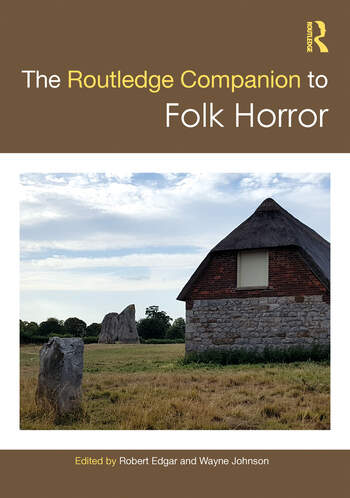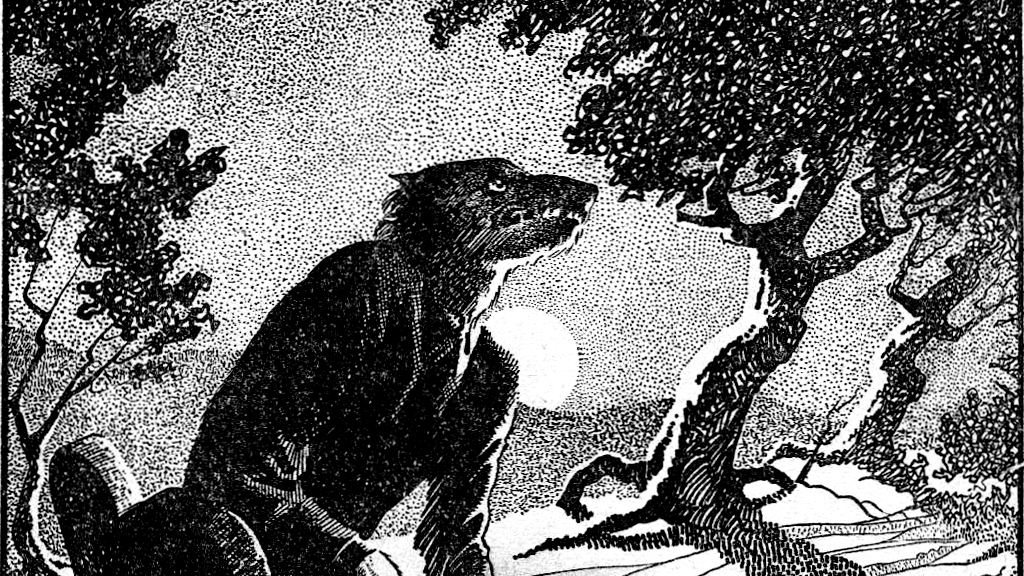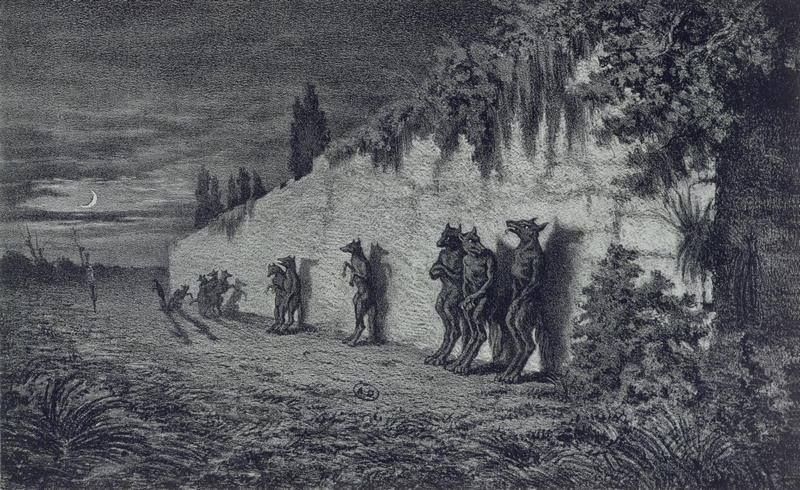Welcome to Monstrous Folklore…
A personal research website dedicated to the interdisciplinary study of Folklore, Monstrosity and Gothic Fiction.
This website is run by Craig Thomson MA, BA (Hons), a current PhD Candidate at Birkbeck College, University of London. His current research is focused on Folklore, Popular Culture and the Werewolf in British Gothic Fiction (1846-1914).
Latest from the Blog
NEW PUBLICATION ALERT! – The Routledge Companion to Folk Horror
Delighted to announce that The Routledge Companion to Folk Horror will finally be released on the 9th October 2023. Edited by Robert Edgar and Wayne Johnson, the book will feature over 40 contributors (Including Catherine Spooner, Daryl Jones and Ruth Heholt) and will explore the origins, canonical texts and thinkers, as well as its many…
“Howling at the Moon”: A History of Werewolves – An Free online talk hosted by the Wolf Conservation Centre!
For centuries, the monstrous figure of the werewolf has stood as an iconic figure of folklore and popular horror fiction. Yet, what do we really know about the traditions associated with this fantastical creature? In a special Halloween program, folklore researcher and werewolf expert, Craig Thomson will take guests on a deep dive through the…
“Upgrade, Chapters and a PhD Project, Oh my!” New Year Update 2022
Hi all! As it’s the new year, I thought I’d drop by to provide you all with a short update as to all the happenings here at the Wolf’s Den. Needless to say, it has been quite busy since my last update! Since the last time I spoke, I’m delighted to say that I’ve become…
Get new updates on Monstrous Folklore delivered directly to your inbox.
“English folk-lore is singularly barren of were-wolf stories, the reason being that wolves had been extirpated from England under the Anglo-Saxon kings, and therefore ceased to be objects of dread to the people. The traditional belief in were-wolfism must, however, have remained long in the popular mind, though at present it has disappeared, for the word occurs in old ballads and romances.“
The Book of Werewolves by Sabine Baring Gould (1865)


